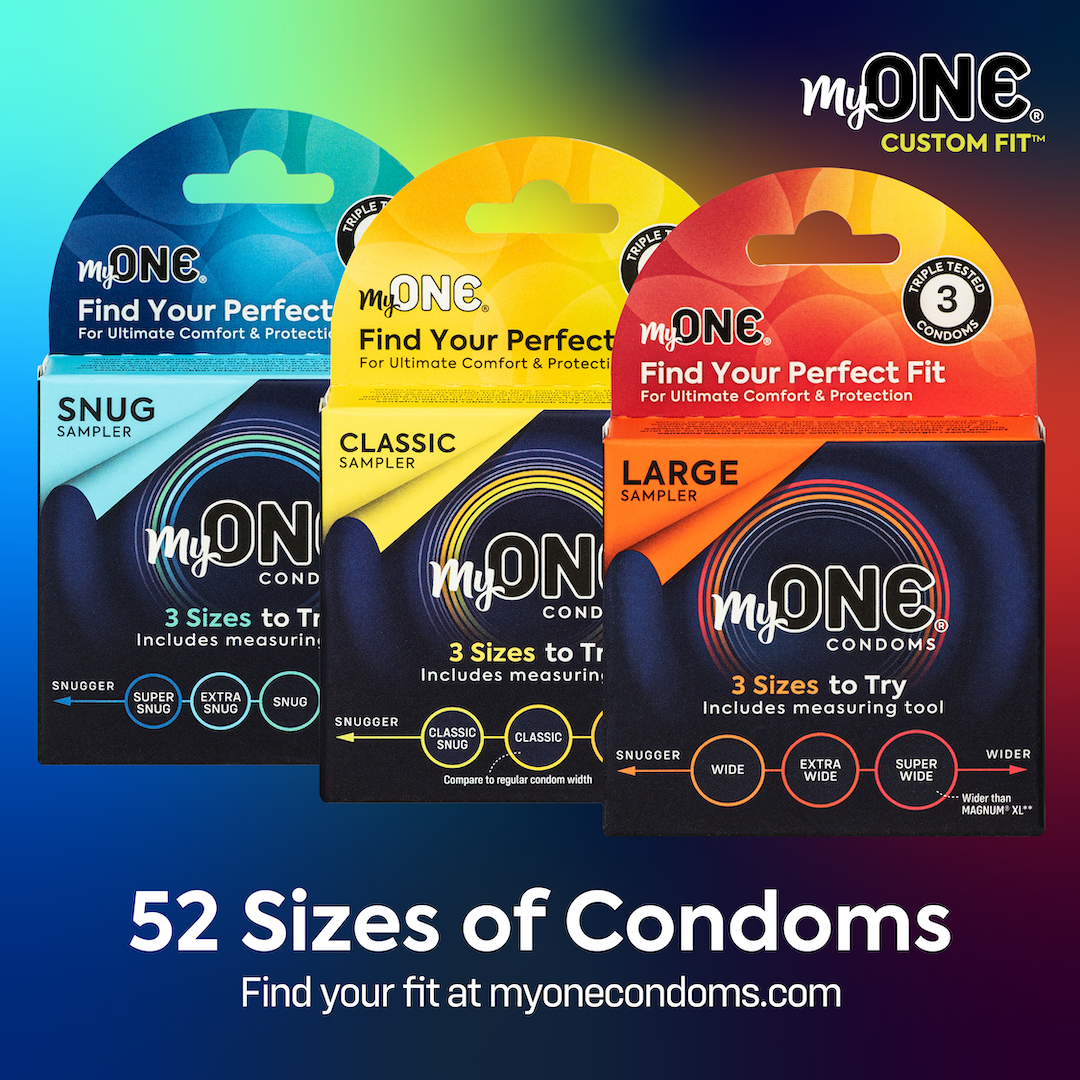Editorial note: This insightful letter from a self-identified “prostitute” (sex worker) was sent to the Editor of Penthouse magazine in June 1985, apparently in response to discussion in a prior issue about circumcision. It is still relevant today. Note that frenum is an alternate word for the more commonly used word frenulum. Also, the author repeatedly uses the terms uncut and uncircumcised; the term “intact” had not yet become part of the vernacular. The letter, reproduced in its entirety below, had been preserved by Marilyn Milos, founder of the National Organization of Circumcision Information Centers (NOCIRC, later renamed Genital Autonomy – America, which merged with Intact America in 2021).
Dear Penthouse,
I’m a prostitute. It paid for my education, provides a good lifestyle, and I enjoy the work. I’m surprised and dismayed by the many misconceptions printed regarding circumcision, in letters by both men and women. My wide experience gives me a perspective to contribute to the discussion.
I didn’t grow up, as many women do, regarding the circumcised penis as “normal”. Helping my mother bathe my two uncircumcised younger brothers showed me that washing the penis is no more of a chore than washing the female genitals, and even simpler, because of fewer folds of skin.
Few uncircumcised penises are dirty. It’s far more common to encounter a man with bad breath, from lack of brushing or a mouthful of cavities, than one with a dirty penis. Yet, nobody suggests that the teeth be routinely extracted for “hygiene”.
Uncut men enjoy sex more because the penis is more sensitive. Uncircumcised males secrete more pre-coital mucus, and it starts flowing sooner, than with circumcised ones. The uncircumcised penis offers more opportunities for foreplay. Stroking the foreskin back and forth, retracting it to touch the corona or pluck the frenum lightly, is very stimulating. Inserting the tongue under the foreskin, or retracting it for easy access to the glans, frenum, and inverted inner lining, are stimulating variants to pumping the foreskin. Many men enjoy a good “hand job”, and the uncut ones can enjoy the full stroke, retracting the foreskin fully, then running it up over the end of the glans. The flow of clear mucus gives lubrication, enhancing the sensations and preventing irritation from dry friction.
The denuded organ requires special manipulation. There’s no foreskin to serve as a natural stimulator, and sometimes the frenum has been removed too, limiting the possibilities. If there’s enough slack, pulling the rest of the skin up over the corona works, although many don’t enjoy dry friction. More often, I have to use lubrication. The cut ones are handicapped from the start.
Some circumcised men are so insensitive that they can’t come to orgasm even after fifteen minutes of a “blow job,” and need to be finished off by hand. This has never, in my experience, happened with an uncircumcised man.
I’ve never noticed a difference in the time required for coital climax between cut and uncut men. Although it seems that circumcision, by removing sensitive tissue, would delay the climax, this isn’t so. Premature ejaculation is common, in our mostly circumcised males. I feel that there are two reasons for this:
The first is that sexual stimulation is not only physical, but mental. Circumcision does not affect this.
The second is that the skin of the uncircumcised penis, more slack during thrusting and withdrawal, tends to give with the friction, gliding up and over the corona. This partly shields the glans from excessive stimulation It also avoids putting tension on the frenum. This happens with a tight circumcision, speeding the man’s climax.
I hope that this is helpful.

Interested in lending your voice? Send us an email, giving us a brief summary of what you would like to write about, and we will get back to you.





No Comments